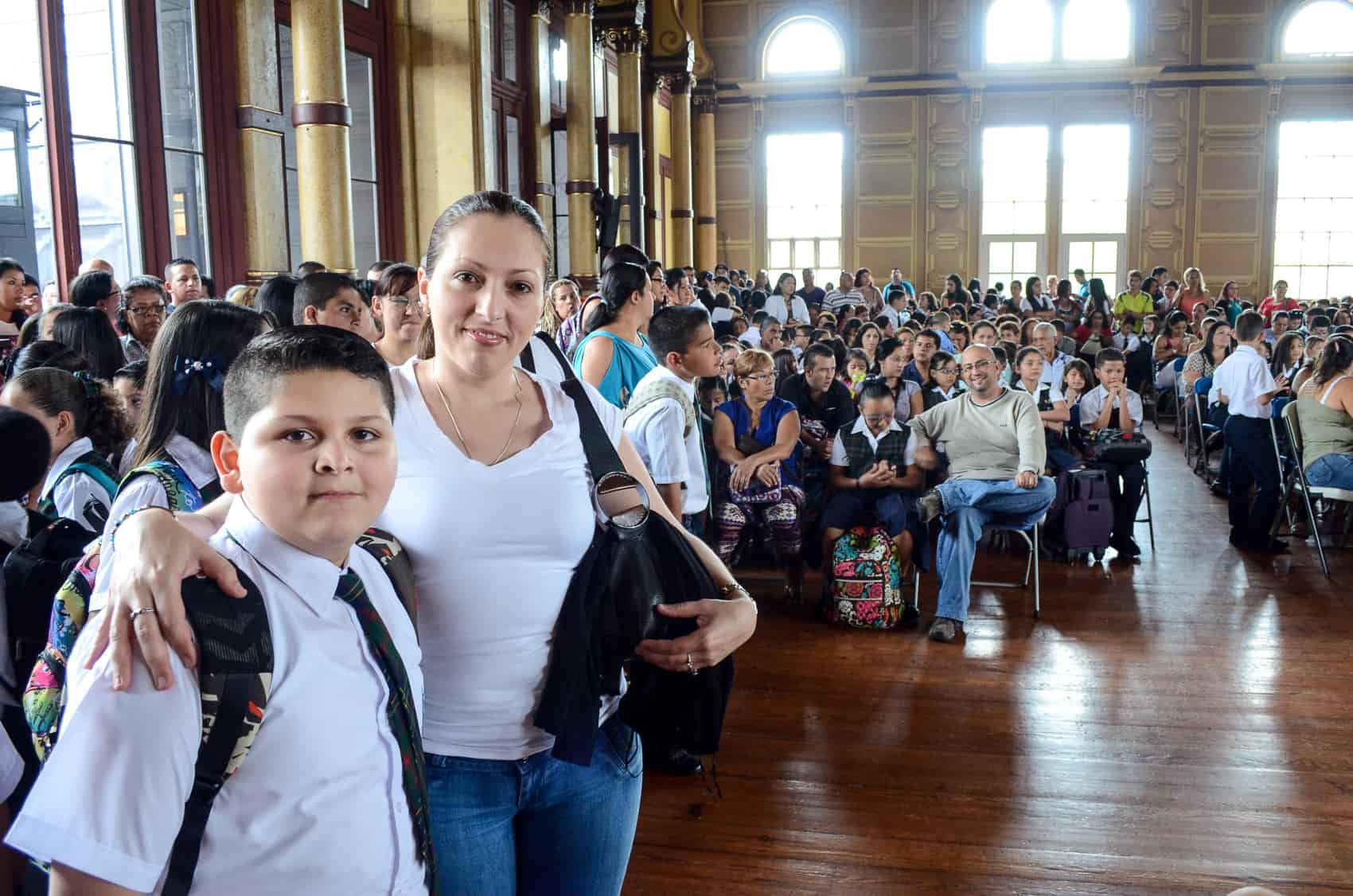Costa Rica continues to prove that a country with a relatively low GDP can still offer its people a high quality of life, according to a recent study.
The 2016 Social Progress Index, which tracks more than a dozen non-economic indicators in countries around the world, found that Costa Rica’s social progress is on par with most of Western Europe, despite having a per capita GDP closer to developing economies like Thailand, the Dominican Republic and China.
The social progress score is divided into three general categories: basic human needs, foundations of wellbeing and opportunity.
A higher per capita GDP generally correlates with a higher quality of life. But researchers found that Costa Rica outperforms countries like the United Arab Emirates, which has a per capita GDP of $64,563 compared to Costa Rica’s $14,232, on social progress indicators.
Costa Rica overachieved relative to its per capita GDP more than any other country surveyed.
Finland topped the social progress list, followed by Canada and Denmark. Costa Rica ranked 28th globally and second in Latin America and the Caribbean, just a few spots below Chile at 25th. The United States came in 19th place.
Costa Rica scored well on nutrition, basic medical care, access to basic knowledge and personal rights. The report recommended improvements in personal safety, access to higher education, and health and wellness, especially obesity.
Michael Green, the executive director of the Washington-based, nonprofit Social Progress Imperative, which releases the report, stressed that the social progress index is not a happiness index.
“There’s been a lot of interest lately in these happiness indices, but what do you do with that information?” Green asked. “Eat more bacon? Watch more Borgen? We’re looking to tease apart what makes a society good to build a better one.”
This is where a country like Costa Rica could offer lessons for other countries. Costa Rica stands out for going beyond meeting basic needs to guaranteeing more delicate, intangible goods like political rights, tolerance and personal freedoms.
Costa Rica’s historical commitment to education and health care, and its abolition of the military are things that other countries in Costa Rica’s income group, including Brazil, China, Dominican Republic, South Africa and Thailand, could learn from, Green said.
Improving social progress in these areas would require longterm political commitment from a country’s leaders. “This stuff takes time to build up,” he said.
Almost one-third of the countries that performed significantly better on social progress than other similar-income countries were in Latin America and the Caribbean: Costa Rica, Nicaragua, Uruguay, Jamaica, Chile and Brazil. Green said that the region’s commitment to social issues during the last 30 years has positioned it ahead of East Asia and Africa.
Green said the social progress index is meant to compliment traditional indicators like GDP, not replace them. In the wake of the financial crisis, Green said it was clear that economic indicators were not sufficient tools to measure the quality of life in a country.
He said the social progress index was designed as a tool to help policymakers identify priorities and track progress. Since its launch in 2014, the social progress index has been adopted by the European Commission and several Latin American countries, including Costa Rica, to track social progress on a national or municipal level.
The results of Costa Rica’s 2016 canton-wide social progress index will be presented on July 5.
“Costa Rica has so much to teach the world,” Green said. “Let’s hope that more countries turn out more like Costa Rica.”






